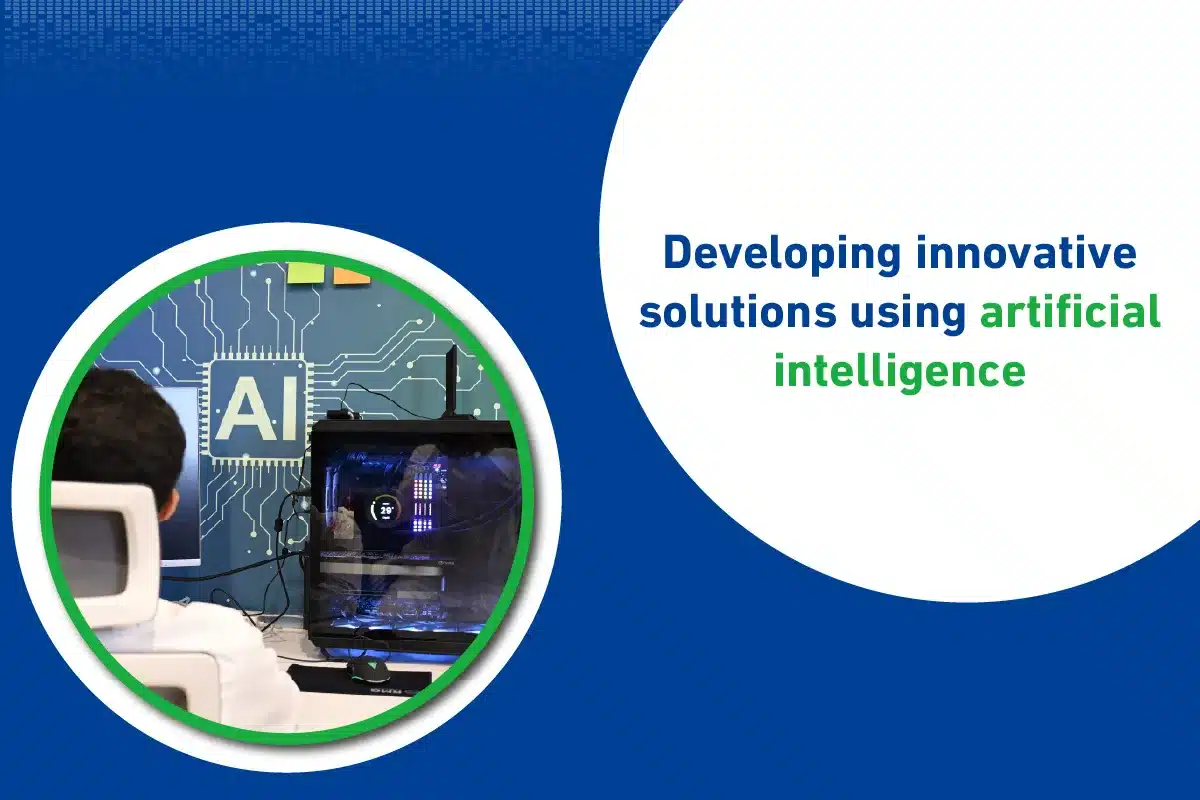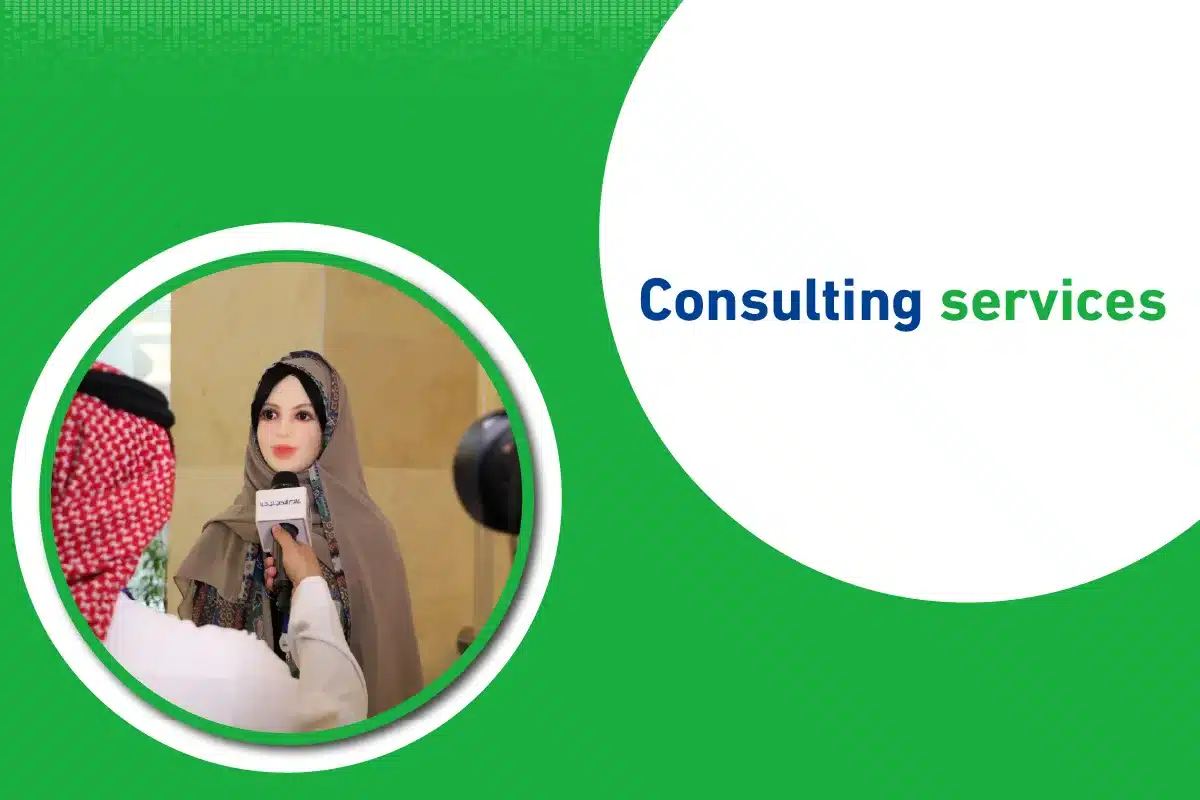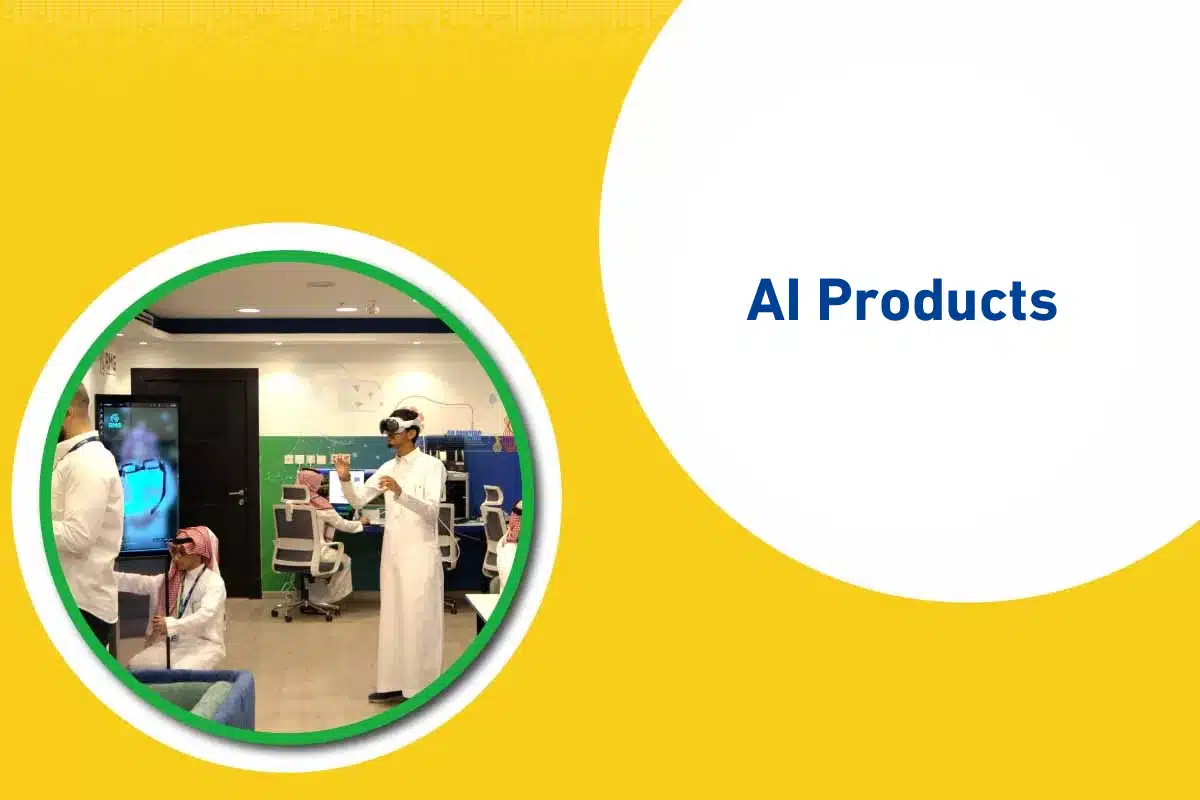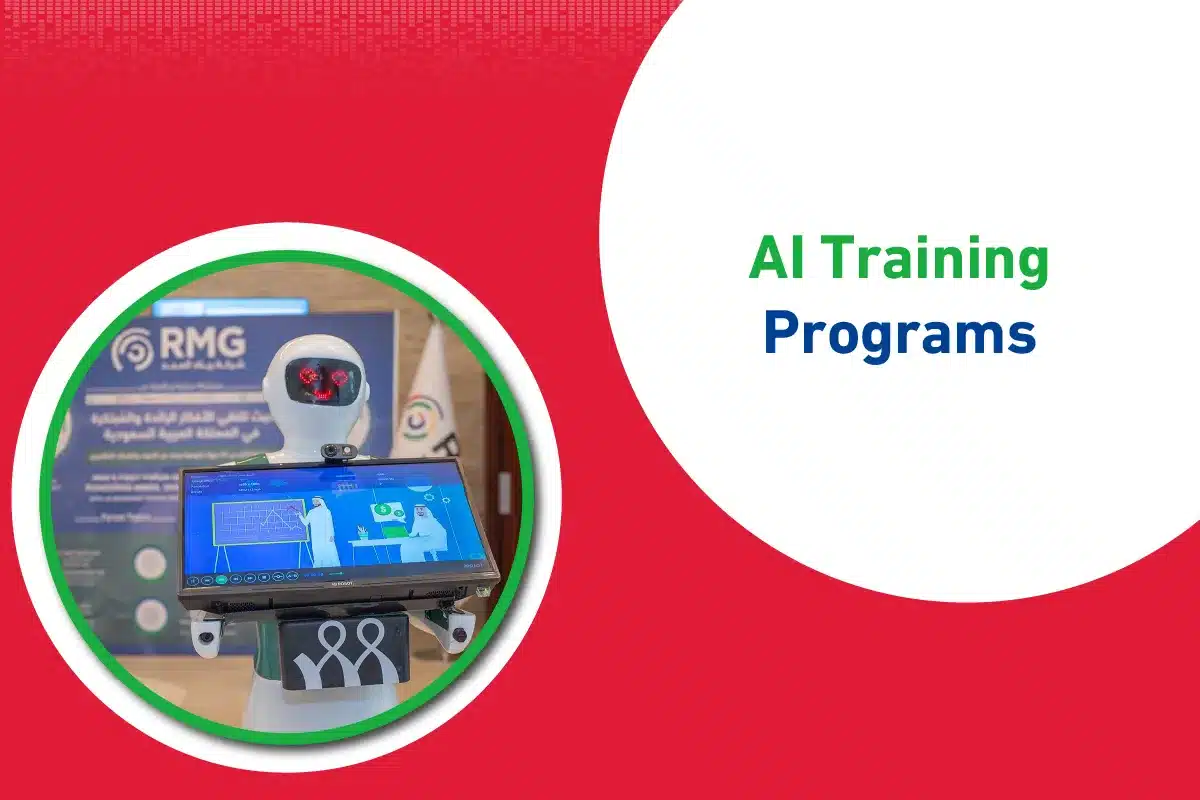Blog Body
Discover the five essential project phases that ensure your success. From initiation and planning to execution and closure, this is your comprehensive guide to professional management and efficient achievement of your goals.
In the rapidly evolving business world, project management is no longer just an additional skill; it has become an absolute necessity to ensure the survival and growth of organizations. Whether you are launching a new product, building a software system, or implementing a massive marketing campaign, following a clear methodology is the difference between accidental success and planned achievement. A thorough understanding of project phases gives you complete control over the workflow, transforming abstract ideas into tangible, measurable results.
Many managers and entrepreneurs face challenges in keeping their projects on track, leading to budget overruns, missed deadlines, and, in the worst cases, complete project failure. The solution lies in breaking down the complex project journey into manageable parts. This structured approach, known as the project life cycle, provides a clear roadmap for everyone involved in the project, from stakeholders to team members.
In this comprehensive guide, we will highlight the five essential project management phases, provide practical insights for their effective application, address the most prominent challenges you might face, and discuss how a strategic partner like Renad Al Majd (RMG) can be your secret weapon for achieving excellence.
What Are the Five Project Management Phases?
The project phases are the standard framework adopted by the Project Management Institute (PMI) and other global bodies. These phases are not just a checklist; they are interrelated processes that ensure a smooth transition from one stage to another, and together they form what is known as the project life cycle.
Phase One: Project Initiation – From Idea to Approval
This is the official starting point. In this phase, an abstract idea is transformed into a defined goal. The main purpose here is to define the project vision at a high level and obtain the necessary approval to proceed.
Key Activities:
- Feasibility Study: Evaluating the idea to determine if it is realistic and viable from a technical and financial perspective.
- Goal Definition: Formulating clear and measurable (SMART) goals.
- Identification of Key Stakeholders: Knowing all parties affected by or influencing the project.
- Creation of Project Charter: A formal document that officially announces the existence of the project and grants the project manager the authority to allocate resources.
Key Deliverables: Project Charter and Stakeholder Register.
Without this phase, the project risks starting without a clear purpose or sufficient support.
Phase Two: Detailed Planning – The Roadmap to Success
After receiving the green light, the planning phase, considered the most crucial and sensitive, begins. Failure to plan is planning to fail. Here, a detailed strategy is developed on how to achieve project objectives within time, budget, and resource constraints.
Key Activities:
- Scope Definition: Precisely defining what is included and excluded from the project.
- Work Breakdown Structure (WBS) Creation: Breaking down major project deliverables into smaller, more manageable tasks.
- Schedule Development: Estimating the duration of each task and creating a timeline (e.g., Gantt chart).
- Budget Estimation: Calculating the expected costs for resources, labor, and materials.
- Resource, Quality, and Risk Planning: Identifying the human and material resources required, establishing quality standards, identifying potential risks, and developing plans to address them.
Key Deliverables: A comprehensive Project Management Plan, which includes sub-plans for scope, schedule, cost, quality, risks, and communication.
Phase Three: Effective Execution – Turning Plans into Reality
This is where the actual work begins. In this phase, tasks are assigned to team members, and the activities outlined in the project plan begin to be implemented. This phase is the longest and most resource and budget-intensive.
Key Activities:
- Team Management: Guiding and motivating team members to ensure optimal performance.
- Continuous Communication: Holding regular meetings and distributing status reports to ensure everyone is on the same page.
- Task Execution: Completing planned work according to the schedule.
- Stakeholder Management: Maintaining their engagement and participation and managing their expectations.
Key Deliverables: Actual project deliverables and performance reports.
Phase Four: Monitoring & Controlling – Measuring Performance and Correcting Course
This phase operates concurrently with the execution phase. Its goal is to ensure that the project is progressing according to plan and to take corrective actions when necessary. It acts as a navigation system that keeps the ship on its correct course.
Key Activities:
- Performance Tracking: Comparing actual progress with planned progress using Key Performance Indicators (KPIs).
- Scope, Schedule, and Budget Monitoring: Ensuring there are no significant deviations (Scope Creep).
- Change Management: Handling change requests in an organized manner and evaluating their impact.
- Risk Monitoring: Tracking identified risks and identifying any new ones.
Key Deliverables: Performance reports, approved change requests, project plan updates.
Phase Five: Project Closing – Delivering Results and Documenting Lessons
Once all project work is completed, the formal closing phase begins. This phase is crucial for ensuring final delivery, obtaining client approval, and documenting learned knowledge for future benefit.
Key Activities:
- Final Delivery: Handing over the final product or service to the client or stakeholders.
- Obtaining Final Approval: Official signing confirming acceptance of deliverables.
- Resource Release: Terminating supplier contracts and reallocating team members.
- Project Document Archiving: Storing all documents, plans, and reports.
- Documenting Lessons Learned: Holding a meeting to review what went well and what could be improved in the future.
Key Deliverables: Accepted final product, Project Closure Report, Project Archive, Lessons Learned Report.
What Is the Benefit of Following the Five Project Management Steps?
Adopting a systematic approach to project management steps is not an administrative burden but a strategic investment that yields numerous benefits for the organization, including:
- Increased Clarity and Focus: The five phases provide a clear vision of project goals and trajectory, reducing ambiguity.
- Improved Resource Management: Detailed planning ensures the best possible use of resources (financial and human).
- Risk Reduction: By identifying potential risks early and developing mitigation plans.
- Improved Communication: The methodology mandates clear communication plans among all parties.
- Higher Success Rate: Projects that follow a structured life cycle are more likely to achieve their goals on time and within budget.
Key Project Management Challenges and How to Overcome Them
Even with the best plans, no project is free of challenges. Knowing these challenges beforehand is half the solution.
- Scope Creep: Adding new requirements that were not in the original plan.
- Solution: Implement a strict change management process where each change request is evaluated for its impact on time and cost before approval.
- Budget Overruns: Spending more than the allocated amount.
- Solution: Strict cost monitoring and setting aside a contingency reserve in the initial budget.
- Poor Communication: Lack of information or misunderstanding among team members and stakeholders.
- Solution: Develop a detailed communication plan during the planning phase that defines who receives what information, when, and how.
- Unrealistic Deadlines: Setting overly ambitious schedules.
- Solution: Involve the technical team in estimating durations and use reliable estimation techniques (such as PERT).
Renad Al Majd (RMG): Your Ideal Partner for Mastering Project Phases
Navigating complex project management steps requires deep expertise, knowledge, and advanced tools. This is where the role of a strategic partner comes in, one who can transform challenges into opportunities. Renad Al Majd (RMG) is not just a service provider; it’s your partner in success.
At Renad Al Majd, we understand that every project is unique, which is why we offer customized solutions that ensure the application of global best practices in project management while considering your work environment and specific objectives.
Our Specialized Project Management Services
We cover all project phases to ensure a smooth journey and exceptional results:
- Project Consulting and Initiation Services: We help you refine your ideas, conduct feasibility studies, and prepare the project charter to gain the necessary support.
- Strategic Project Planning: We develop integrated plans that include scope, schedule, budget, and risk management using the latest tools and techniques.
- Execution Management and Supervision: We provide professional project managers to oversee execution, ensure quality, and effectively manage teams.
- Monitoring and Control Services: We implement precise systems for tracking performance, providing transparent reports, and managing changes to ensure the project stays on track.
- Project Closure Management: We ensure an organized closure process that includes final delivery, documenting lessons learned, and archiving the project to maximize future value.
Why Choose Renad Al Majd for Your Projects?
Collaborating with Renad Al Majd means choosing excellence. Here’s why:
- Proven Expertise: Our team consists of certified project managers (e.g., PMP) with a proven track record of managing complex and successful projects across various sectors.
- Integrated Methodology: We don’t just apply project management phases as a checklist; rather, it’s a comprehensive work philosophy that ensures alignment between strategic goals and daily execution.
- Customer Focus: We place your goals at the heart of our work. We listen, understand, and then design the optimal solution that meets your unique needs.
- Transparency and Commitment: We believe in open communication and clear reports. You will be fully aware of your project’s progress every step of the way.
Successful Projects and Achieved Goals
Mastering the five project phases is not just good practice; it is the foundation of sustained success in today’s competitive business environment. By adopting this organized approach, you can transform ambitious ideas into successful projects that deliver real value to your organization.
If you seek to ensure your next project achieves its objectives with the highest standards of efficiency and professionalism, Renad Al Majd is the partner you can trust.
Contact us today and let us help you build your next success story.





















![مراحل المشروع النسخة الانجليزية ٢ [Recovered] 04 مراحل المشروع النسخة الانجليزية ٢ [Recovered] 04](https://www.rmg-sa.com/wp-content/uploads/2025/06/مراحل-المشروع-النسخة-الانجليزية-٢-Recovered-04.webp)